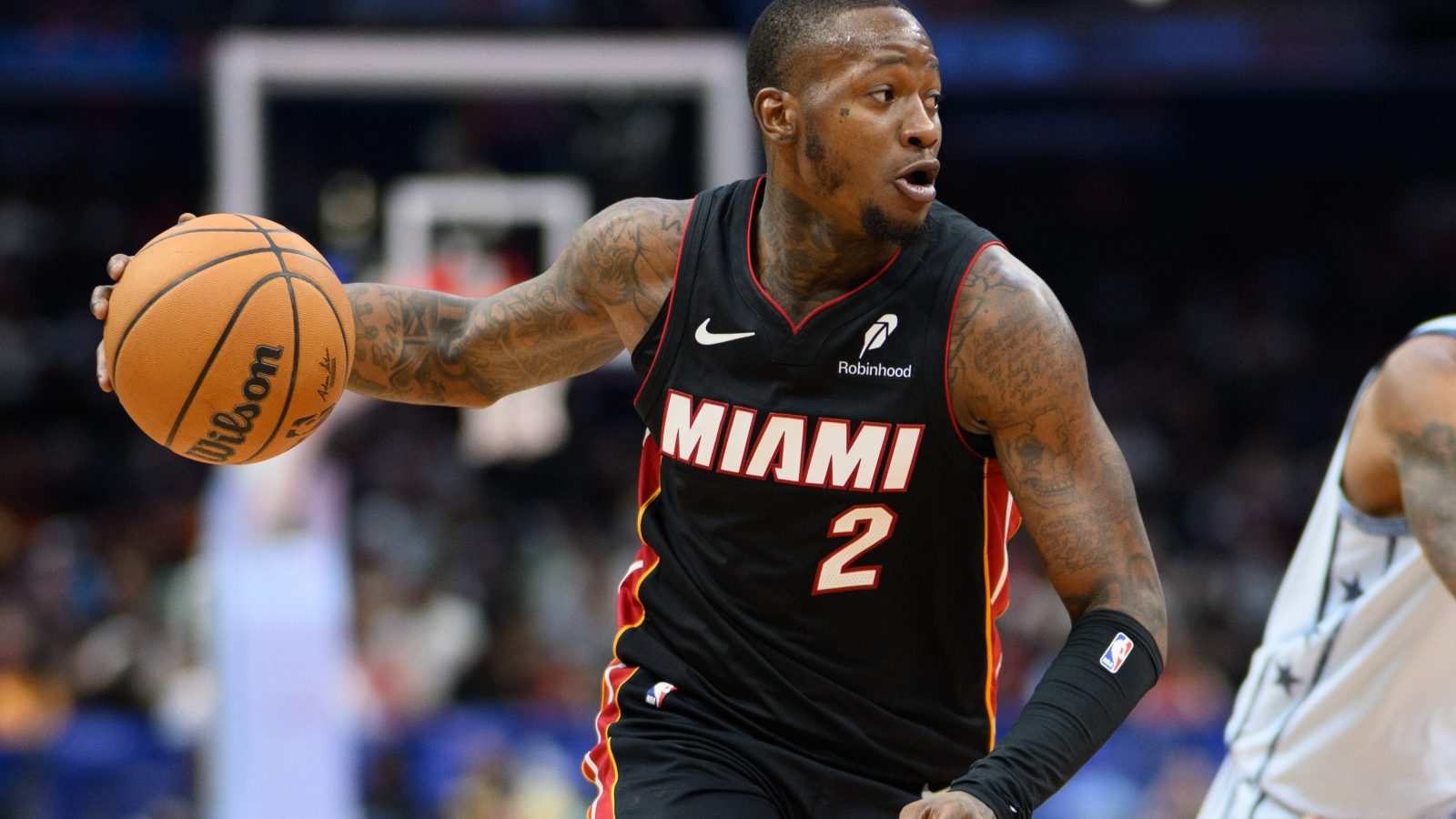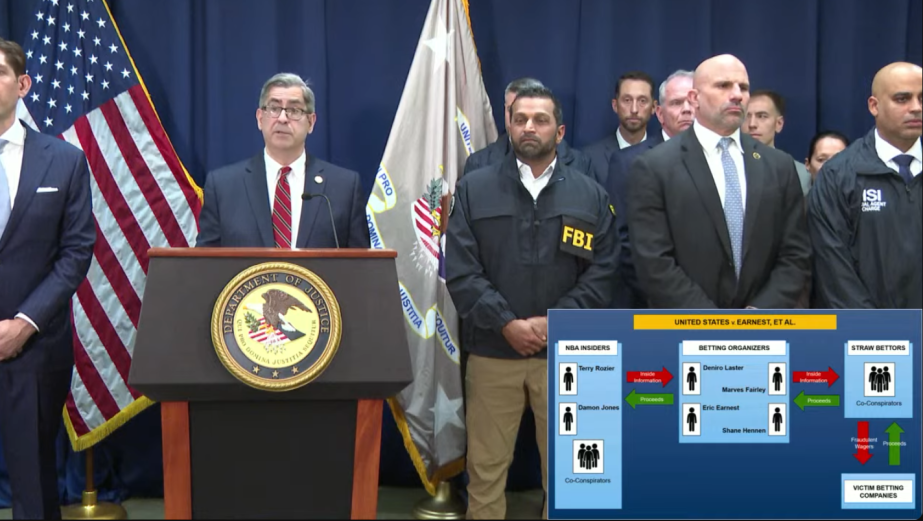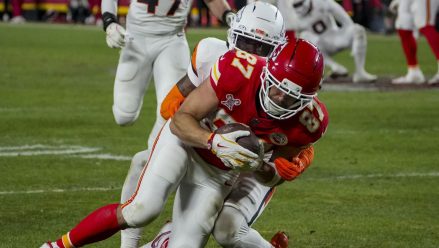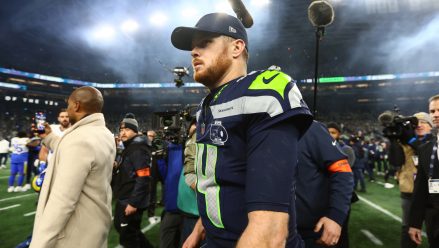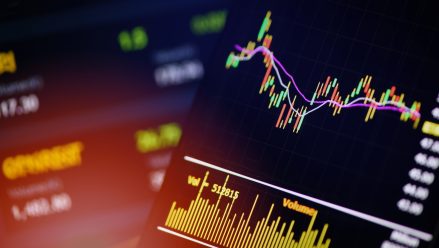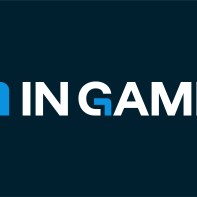The latest sports betting scandal exposes strength for state-regulated sportsbooks versus a weakness for prediction markets, Susquehanna analyst Joe Stauff wrote in an industry note Friday. Several regulated sportsbooks and their integrity monitors first flagged the suspicious activity — just as they did when the Jontay Porter sports betting scandal came to light in 2024.
The FBI on Thursday revealed that former Miami Heat guard Terry Rozier and former Cleveland Cavaliers assistant coach and ex-player Damon Jones were involved in match fixing and shared private player information, which led to an unusual amount of betting activity on normally quieter markets. In particular, Rozier left a March 23, 2023 game early, allowing “under” bets to pay off. Jones allegedly shared health information about multiple players that led to unusual betting activity.
“Maintaining sports integrity is a notable advantage of OSB state legalization today (predictions operators will require significantly more tech investment or just altogether restrict illiquid prop bets),” Stauff wrote. He went to offer a call to action to states in which sports betting is not legal, writing “State legislatures in CA/TX/GA/SC/MN and other non-legalized states should recognize that sports betting in their state is and has already been happening for decades and legalizing it both creates (1) direct way for sports integrity to be monitored and (2) provides a new source of tax revenue.”
Susquehanna did not change its stock ratings on any of the major sports betting companies after news of the scandal broke. It rates BetMGM International (BetMGM), DraftKings, Entain (BetMGM) FanDuel parent Flutter Entertainment, Penn Entertainment (ESPN Bet), and Rush Street Interactive as positive and Caesars as neutral.
Silver: Even stricter rules needed
The scandal broke two days after NBA Commissioner Adam Silver said on The Pat McAfee Show that regulated sportsbooks need even more stringent rules around proposition bets with a focus on two-way players like Porter, who removed himself early from two games in January and March 2024 and shared that information in exchange for paying off gambling debts. Silver banned Porter from the league for life, and he is awaiting sentencing in December after pleading guilty to conspiracy to commit wire fraud.
“We’ve asked some of our partners to pull back some of the prop bets, especially when they’re on two-way players, guys who don’t have the same stake in the competition, where it’s too easy to manipulate something, which seems otherwise small and inconsequential to the overall score,” Silver said during the interview. “We’re trying to put in place — learning as we go and working with the betting companies — some additional control to prevent some of that manipulation.”
A day after Silver’s call to action, the NHL became the first U.S. professional sports league to partner with prediction markets, which are federally regulated and lack the comprehensive regulations and guardrails that state-licensed sports betting operators must adhere to. The league partnered with Kalshi and Polymarket.
It seems likely that the NHL will be the only professional league to embrace prediction markets in the near future. The NBA previously wrote a letter to the Commodity Futures Trading Commission, which oversees prediction markets, calling into question integrity standards.
NFL players are considered in violation of league policy if they bet on prediction markets, which the league says “lack certain regulatory requirements that we know regulated sportsbooks are subject to, like information-sharing, responsible betting tools, the objectionable bet-prohibitions.”

